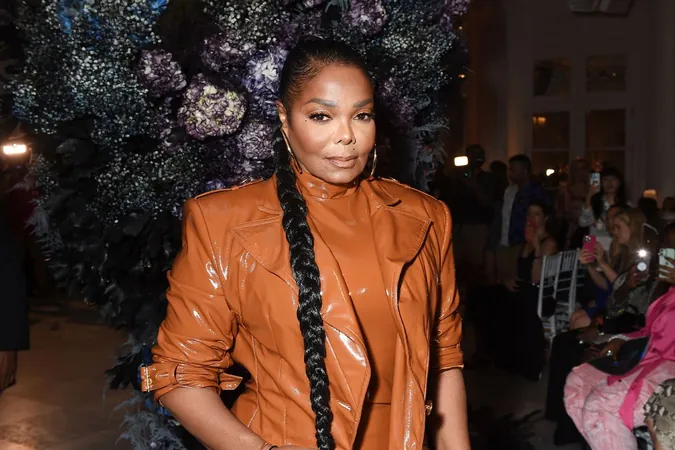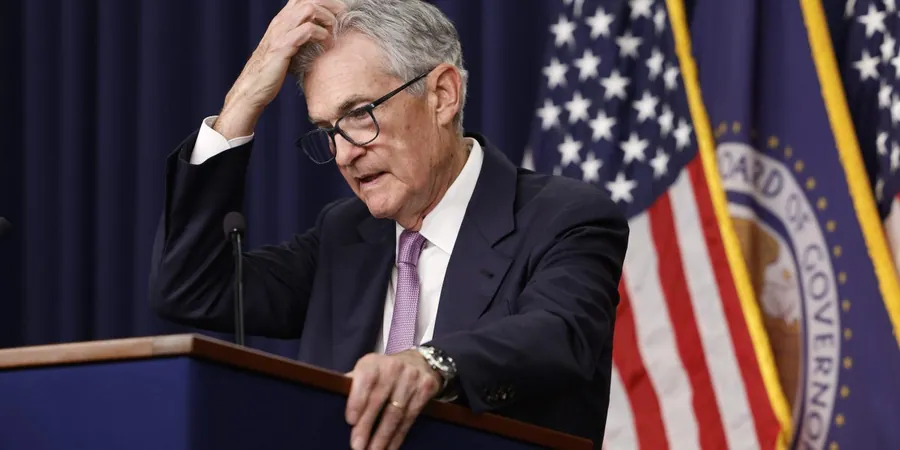
Whoopi Goldberg Defends Janet Jackson Over Race Comments on Kamala Harris: A Call for Understanding
2024-09-24
Introduction
In a surprising twist in the realm of celebrity commentary, Whoopi Goldberg has come to the defense of pop legend Janet Jackson following her controversial remarks questioning Vice President Kamala Harris' racial identity. This incident occurred during Jackson's interview with The Guardian, where she expressed skepticism about Harris being Black, citing claims that she's more Indian due to her heritage.
Whoopi Goldberg's Response
On a recent episode of The View, Goldberg reflected on the situation, highlighting Jackson's lack of political acumen. “Sometimes people get it wrong, and they’re wrong! They made a mistake; they were wrong. It happens,” Goldberg asserted. She emphasized the importance of giving Jackson some grace, acknowledging that everyone can misstep, regardless of their background.
Jackson's Controversial Remarks
Jackson stated, “Well, you know what they supposedly said? She's not Black. That's what I heard. That she's Indian. Her father's white." This statement sparked outrage, leading many to accuse Jackson of spreading misinformation, particularly as it feeds into divisive narratives around identity that have been amplified in recent political discourse.
The Debate on Responsibility
Goldberg insisted that instead of vilifying Jackson, a degree of compassion should be extended, saying, “A little grace for the girl.” However, co-host Ana Navarro was quick to counter Goldberg's plea for leniency. Navarro voiced her concerns, asserting that Jackson's platform comes with responsibility and that spreading potentially harmful misinformation is irresponsible.
Broader Implications
This discussion highlights a broader issue of how public figures navigate complex discussions of race and identity in a deeply divided political landscape. As tensions rise over who gets to define identity, the backlash faced by Jackson reflects a growing intolerance for such narratives that misrepresent individuals' heritage, especially from prominent figures.
Conclusion
The dialogue raises an essential question: how do we balance our expectations of celebrities as cultural commentators while recognizing their potential for error? As public figures voice opinions about race, it is critical that their statements remain rooted in accurate information to avoid perpetuating harmful stereotypes. Will Jackson learn from this moment, and can we expect a shift in the narrative surrounding identity in the celebrity realm? Only time will tell.




 Brasil (PT)
Brasil (PT)
 Canada (EN)
Canada (EN)
 Chile (ES)
Chile (ES)
 España (ES)
España (ES)
 France (FR)
France (FR)
 Hong Kong (EN)
Hong Kong (EN)
 Italia (IT)
Italia (IT)
 日本 (JA)
日本 (JA)
 Magyarország (HU)
Magyarország (HU)
 Norge (NO)
Norge (NO)
 Polska (PL)
Polska (PL)
 Schweiz (DE)
Schweiz (DE)
 Singapore (EN)
Singapore (EN)
 Sverige (SV)
Sverige (SV)
 Suomi (FI)
Suomi (FI)
 Türkiye (TR)
Türkiye (TR)